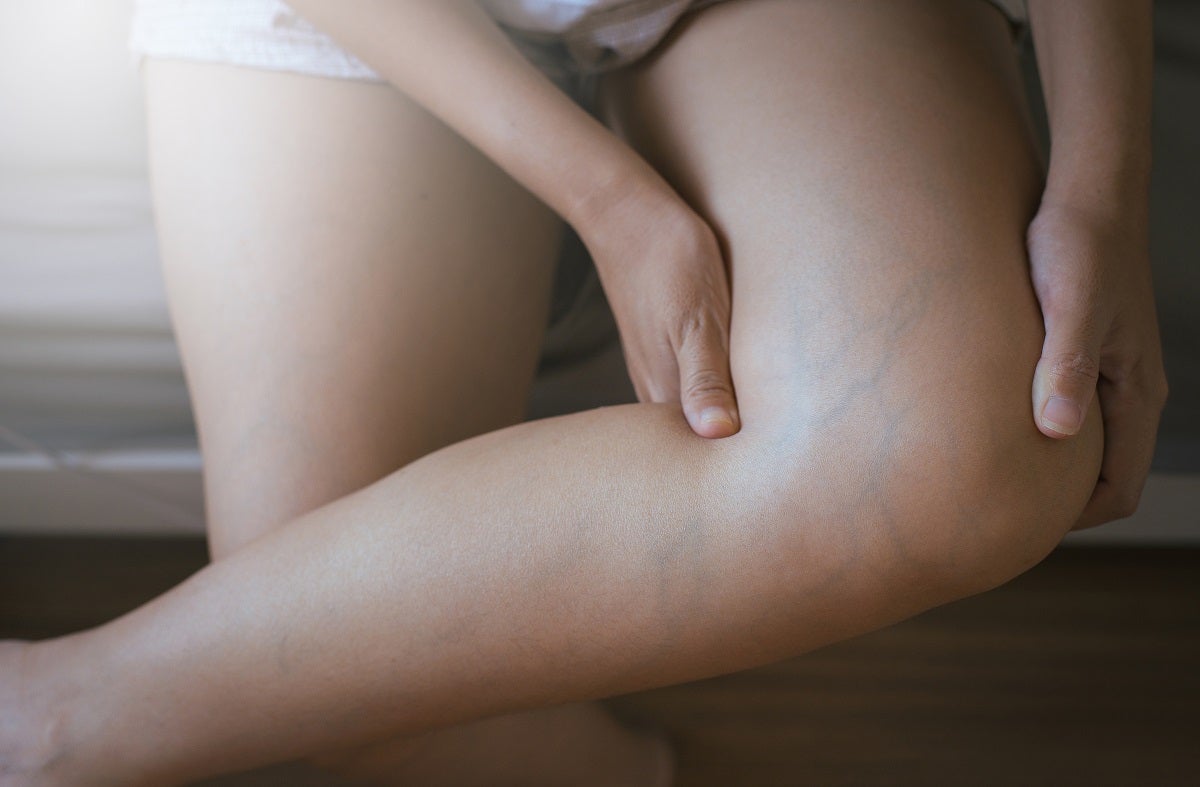Get A Leg Up On Peripheral Arterial Disease
September 4, 2018

Plaque. We know it can wreak havoc on our teeth and in the arteries leading to our hearts. Less common are its effect on our legs.
September is Peripheral Artery Disease (PAD) Awareness Month, a good time to learn more about poor circulation. Left untreated, this chronic circulatory condition can lead to a variety of leg and foot issues, including amputation. It also increases your risk of heart attack and stroke.
So, yes, PAD is serious and widespread – to the tune of 18 million people in the U.S. – but it does not need to be. The key, as with so many chronic conditions, is early detection and treatment.
AtlantiCare, in partnership with the Heart Health Foundation, offers vascular screenings as part of the national Dare to C.A.R.E. program. Screenings are free to those determined to be at risk. Using early intervention, Dare to C.A.R.E. identifies those at risk for vascular disease as early as possible to lead to better outcomes and quality of life.
Are you susceptible to developing PAD? Common risk factors include:
- Age (60+)
- Diabetes
- Hypertension
- High Cholesterol
- Smoking
- Obesity
- Family History
Of the millions suffering from PAD nationwide, up to 180,000 patients are at risk of amputation each year. Yet in its early stages, patients with PAD may not experience any symptoms. As the condition progresses, though, plaque buildup can lead to a variety of conditions, including:
- Leg pain when walking
- Muscle pain or cramping in the legs and calf muscles triggered by activity
- Numbness or weakness
- Coldness on the lower leg or foot
- Sores on toes, legs or feet that won’t heal
According to the Cardio Vascular Coalition, the annual cost to treat PAD in the U .S. exceeds $21 billion annually, roughly half of which is for hospitalizations. Not surprisingly, given its similarity to cardiovascular disease, getting more physical activity, making dietary changes and stopping smoking all can improve the outlook for those with PAD. In some cases, minimally invasive procedures can minimize symptoms.
If you think you may be at risk of suffering from the effects of poor circulation, don’t ignore it. Get a leg up on PAD. To learn more, or to schedule your screening, call AtlantiCare’s dedicated Dare to C.A.R.E. phone line at 609-484-7355.


